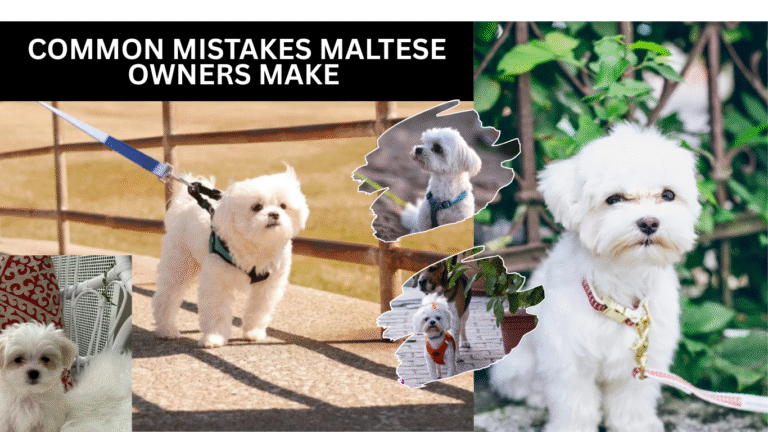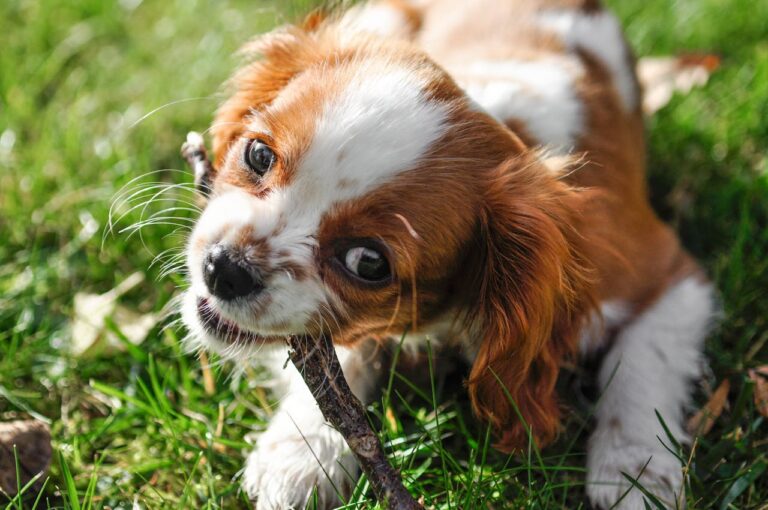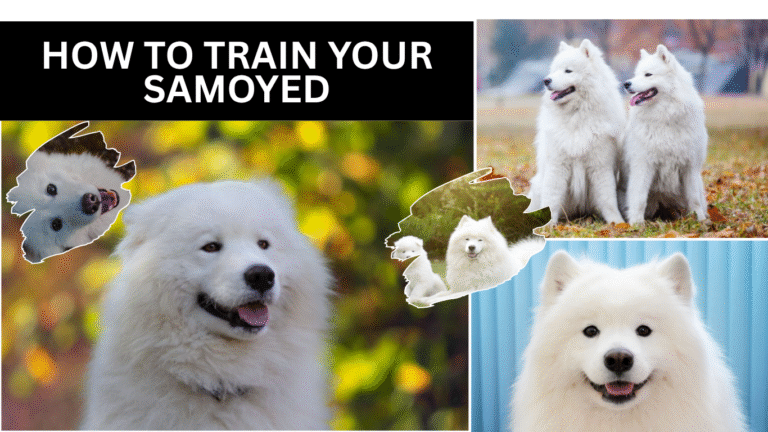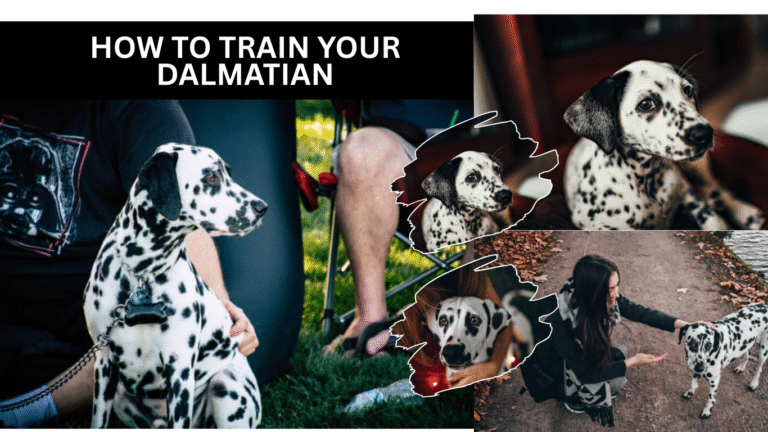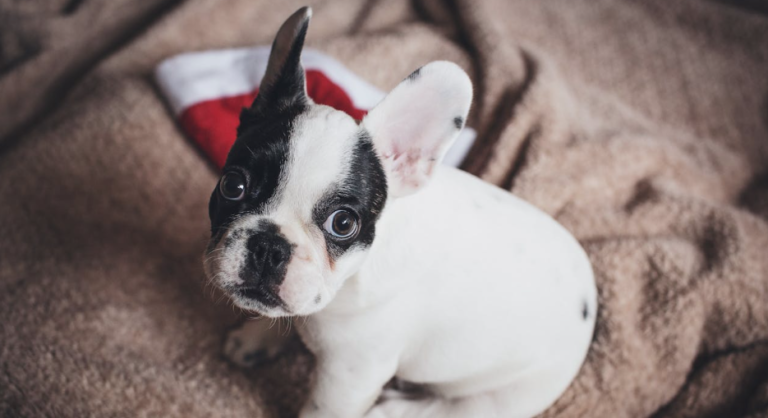How to Train Your Newfoundland: 6 Easy Tips
Training a Newfoundland isn’t like working with most other breeds. These dogs are gentle giants — affectionate, loyal, and famously patient — but their size and independent streak can make training a real challenge if you’re not prepared. Over the years, I’ve helped raise and train several Newfoundlands, and one thing has always stood out: consistency matters more than perfection.
They respond best to calm leadership, steady routines, and plenty of praise. If you approach training with patience and respect, a Newfoundland will give you everything in return — loyalty, love, and a lifetime of companionship.
This guide shares practical steps that have actually worked for me and other Newfoundland owners. It’s not theory — it’s experience turned into everyday advice that you can follow at home.
1. Start Early: Don’t Let Their Size Fool You

Newfoundlands grow quickly, so beginning training as soon as they arrive home is essential. Teaching basic commands early helps prevent problems when they become full-sized adults. Their intelligence allows them to learn fast, but only if training is consistent and steady from the start.
2. Socialization: Big Dog, Big Responsibility

Even though they’re naturally gentle, Newfoundlands still need proper social exposure. Meeting other dogs, people, and new environments while they’re young builds confidence and prevents fear-based behavior later. A well-socialized Newfie becomes calm and adaptable in all situations.
3. Patience Is Key: Rome Wasn’t Built in a Day, and Neither Is a Well-Behaved Newfie

Training a Newfoundland takes time and a calm attitude. They can be slow and a bit stubborn, so short, regular sessions with gentle repetition work best. Positive methods and consistency bring better results than force or frustration.
4. Exercise Is Essential: Keep That Big Body Moving

Although they’re not high-energy dogs, Newfoundlands still need daily physical activity to stay healthy and happy. Walks, light play, and especially swimming keep them fit without stressing their joints. Regular movement also prevents boredom and destructive habits.
5. Positive Reinforcement: Because Bribery Totally Works

Rewards and praise motivate Newfoundlands far more effectively than harsh discipline. Treats, affection, and kind words encourage them to repeat good behavior. Care should be taken not to overfeed, since this breed can gain weight easily. Using positive reinforcement also deepens the bond between dog and owner.
6. Don’t Skip on the Grooming: Yes, It’s Part of Training

Grooming is an essential part of Newfoundland care and should start early so the dog learns to stay calm during brushing and nail trims. Their thick coats require frequent maintenance to prevent mats and keep them comfortable. Regular grooming sessions strengthen trust and make overall care easier.
Final Thoughts: Training a Newfie Is a Labor of Love
Raising a Newfoundland demands commitment, patience, and affection. With early training, steady guidance, socialization, and consistent rewards, they grow into gentle, well-mannered companions. Training isn’t only about obedience—it’s about creating a loyal connection built on trust and love.



